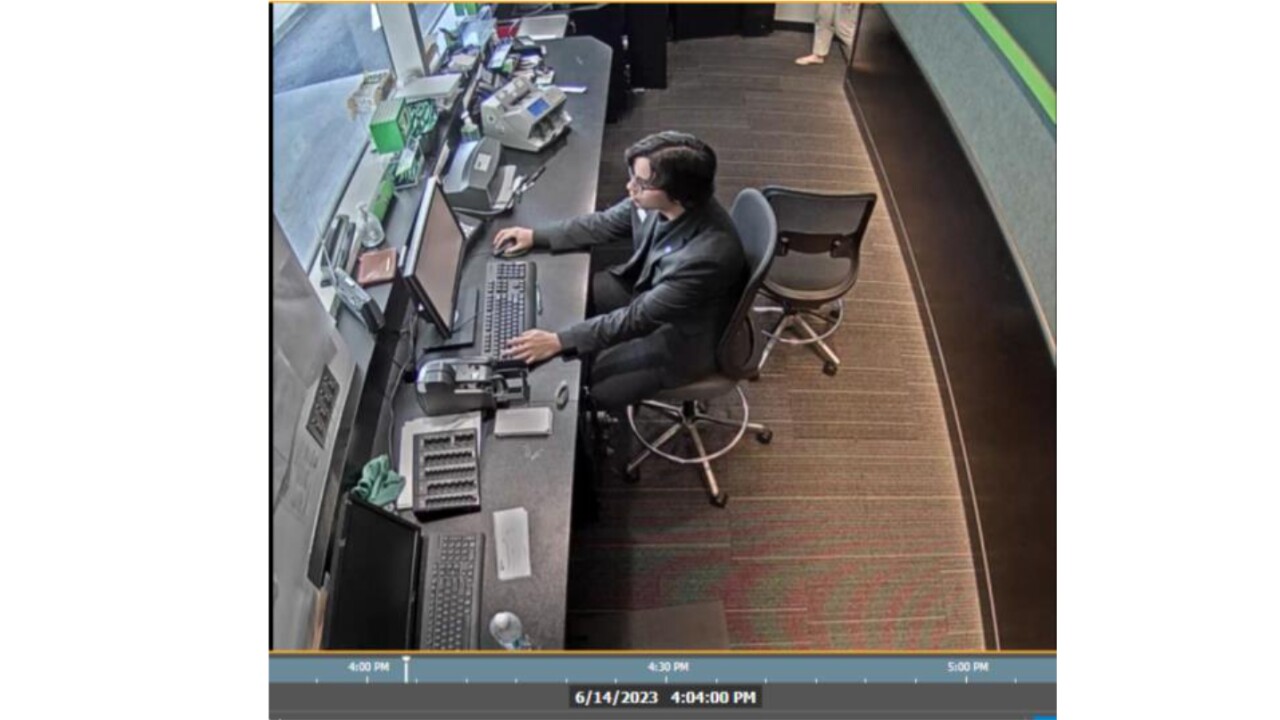By Mastercard’s own reckoning, the point-of-sale financing space is a $1.8 trillion market in the U.S. alone, making its Vyze acquisition a natural way to pursue an opportunity that’s being gobbled up by fintechs and card alternatives.
The Austin-based Vyze lives in a market that includes Affirm, Splitit, PayPal and myriad others that offer what amounts to “card avoidance,” or the ability to finance a purchase at the point of sale with simpler terms than the rolling credit model of credit cards.
Vyze connects merchants with multiple lenders, giving those stores the opportunity to offer a range of online and offline financing options. These options will complement Mastercard’s existing card and ACH-based options, the card brand said in a release, attributing its $1.8 billion addressable market size valuation to Accenture.

The point-of-sale financing model has traditionally been more popular in Europe than in the U.S., though there are signals of a potential opportunity in the U.S. that’s drawing attention from developers and investors, with funding closing in on $1 billion over the past year, according to
"POS financing is growing in recognition of changing demographics, and how customers use payment products," said Zil Bareisis, a senior analyst at Celent, noting merchant services companies are increasingly collaborating to add POS financing to their product lines, with European fintech
These investments
Writing for
Terms of the Vyze deal were not disclosed, and Mastercard did not return a request for comment by deadline. The card brand also hopes to extend its appeal to both merchants and lenders by improving the overall checkout experience and enhancing security. Vyze’s API connects merchants to a single source to support different lending options, theoretically removing the need for merchants to manage a range of consumer payment and financing choices.
Mastercard has made other recent moves to shore up its ability to offer flexibility and an easier experience to merchants and lenders. It’s embedding incentive marketing for
Mastercard and the other card networks have also pushed a standardized "
In this way, the strategy is similar to other existing companies such as





